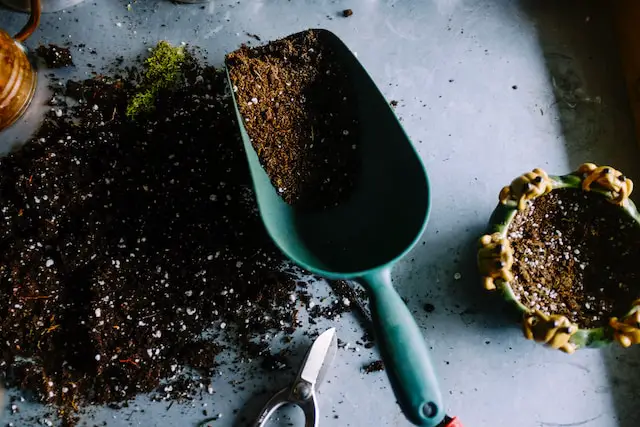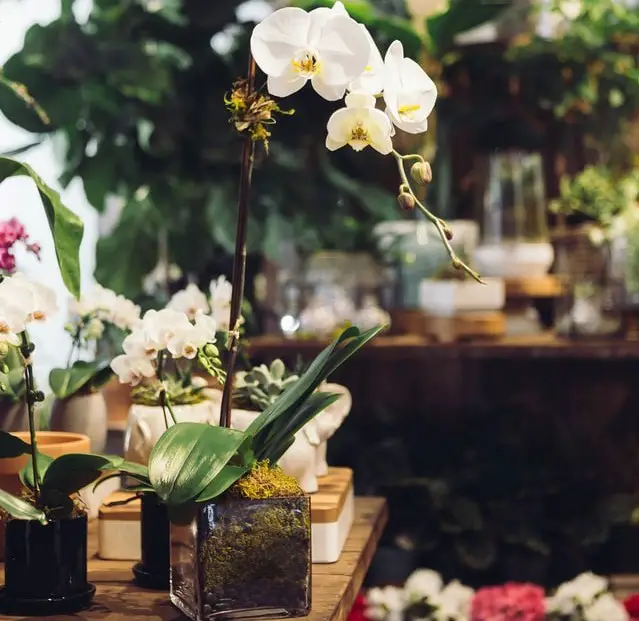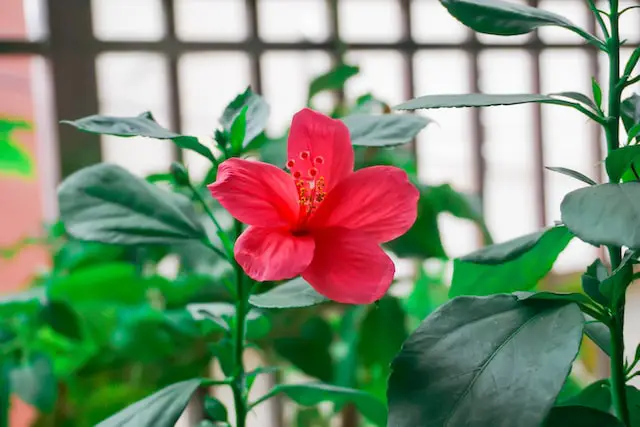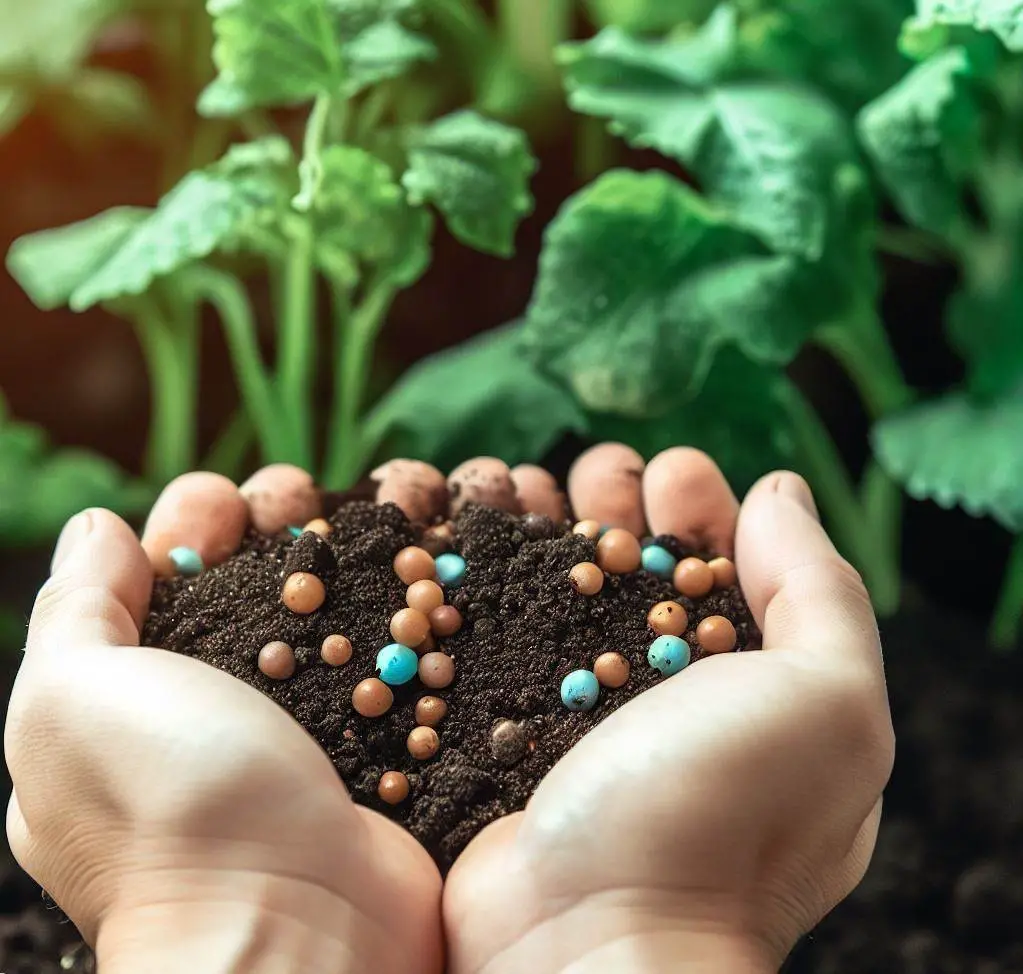
Alkaline soil is characterized by its high pH level, typically above 7. This means that the soil is more basic than acidic. The pH level of soil affects the availability of nutrients to plants, as well as the overall health and growth of plants. While most plants prefer slightly acidic soil, some plants thrive in alkaline conditions.
Benefits of Alkaline Soil
Although alkaline soil may not be suitable for all plants, it does offer some benefits for certain types of plants:
1. Drought Tolerance
Plants that are adapted to alkaline soil tend to have better drought tolerance. The high pH level of alkaline soil helps to retain moisture, reducing the need for frequent watering. This can be particularly advantageous in dry and arid regions.
2. Disease Resistance
Alkaline soil can help plants develop stronger immune systems, making them more resistant to certain diseases and pests. This is especially beneficial for crops and garden plants that are susceptible to common diseases.
3. Nutrient Availability
While alkaline soil may limit the availability of certain nutrients, it can enhance the availability of others. For example, alkaline soil tends to have higher levels of calcium, which is essential for plant growth and development. Plants that require higher levels of calcium, such as broccoli and cabbage, can thrive in alkaline soil.
If you want to read more about alkaline soil and its benefits, you should check this article I wrote about What Is Alkaline Soil Good For
Plants That Thrive in Alkaline Soil
Certain plants are well-suited to alkaline soil conditions. Here are some examples:
| Plant | Preferred Soil pH |
|---|---|
| Lavender | 7.0-8.5 |
| Lilac | 7.0-8.0 |
| Yarrow | 6.0-8.0 |
| Agastache | 6.0-8.5 |
These plants have adapted to alkaline soil and can thrive in such conditions. By choosing plants that are naturally suited to alkaline soil, you can ensure a successful and vibrant garden.
If you have alkaline soil, check out this article to learn all the tips and tricks on How to Deal with Alkaline Soil
Improving Alkaline Soil
If you have alkaline soil but want to grow plants that prefer slightly acidic conditions, there are steps you can take to improve the soil:
1. Organic Matter
Adding organic matter, such as compost or well-rotted manure, can help improve the structure and fertility of alkaline soil. Organic matter helps to retain moisture and nutrients, making them more available to plants.
2. Mulching
Applying a layer of organic mulch, such as wood chips or straw, can help regulate soil temperature and moisture levels. Mulch also breaks down over time, adding organic matter to the soil and gradually reducing its alkalinity.
3. Acidifying Agents
In some cases, you may need to use acidifying agents, such as sulfur or peat moss, to lower the pH level of alkaline soil. However, it is important to use these agents judiciously and monitor the pH level regularly to avoid making the soil too acidic.
By taking these steps, you can gradually improve the quality of alkaline soil and create a more suitable environment for a wider range of plants.
Frequently Asked Questions (FAQs)
Q: Can I grow acid-loving plants in alkaline soil?
A: While it may be challenging, you can still grow acid-loving plants in alkaline soil by making amendments to lower the pH level. However, it’s important to monitor the soil conditions and provide the necessary care for these plants.
Q: How can I test the pH level of my soil?
A: You can test the pH level of your soil using a pH testing kit or by sending a soil sample to a laboratory for analysis. Both methods will provide you with accurate information about the pH level of your soil.
Q: Can I use vinegar to lower the pH of alkaline soil?
A: While vinegar is acidic, it is not recommended to use it to lower the pH of alkaline soil. Vinegar can be harmful to plants and may disrupt the natural balance of the soil. It’s best to use recommended acidifying agents, such as sulfur or peat moss, in controlled amounts.
Additional Tips for Gardening in Alkaline Soil
Here are some additional tips to help you make the most of alkaline soil in your garden:
- Choose alkaline-tolerant plants: Select plants that are naturally adapted to alkaline soil conditions. These plants will have a better chance of thriving in your garden.
- Monitor soil moisture: While alkaline soil retains moisture well, it’s important to monitor the moisture levels and avoid overwatering. Too much water can lead to root rot and other issues.
- Regularly test soil pH: Keep an eye on the pH level of your soil by regularly testing it. This will help you make any necessary adjustments to maintain a suitable pH level for your plants.
- Use organic fertilizers: Organic fertilizers can help provide essential nutrients to your plants without further increasing the alkalinity of the soil. Look for fertilizers labeled as suitable for alkaline soil.
- Consider raised beds or containers: If your soil is extremely alkaline and difficult to amend, you may opt for raised beds or containers filled with a more suitable soil mix for your desired plants.
By following these tips and understanding the needs of your plants, you can create a thriving garden even in alkaline soil conditions.
Conclusion
Alkaline soil can be beneficial for certain plants, offering advantages such as drought tolerance, disease resistance, and enhanced nutrient availability. By understanding the benefits of alkaline soil and choosing plants that are well-suited to these conditions, you can create a thriving garden.
If you have alkaline soil but want to grow plants that prefer slightly acidic conditions, there are methods to improve the soil and create a more balanced environment for your plants. With proper care and adjustments, you can make the most of alkaline soil and enjoy a beautiful and productive garden.




